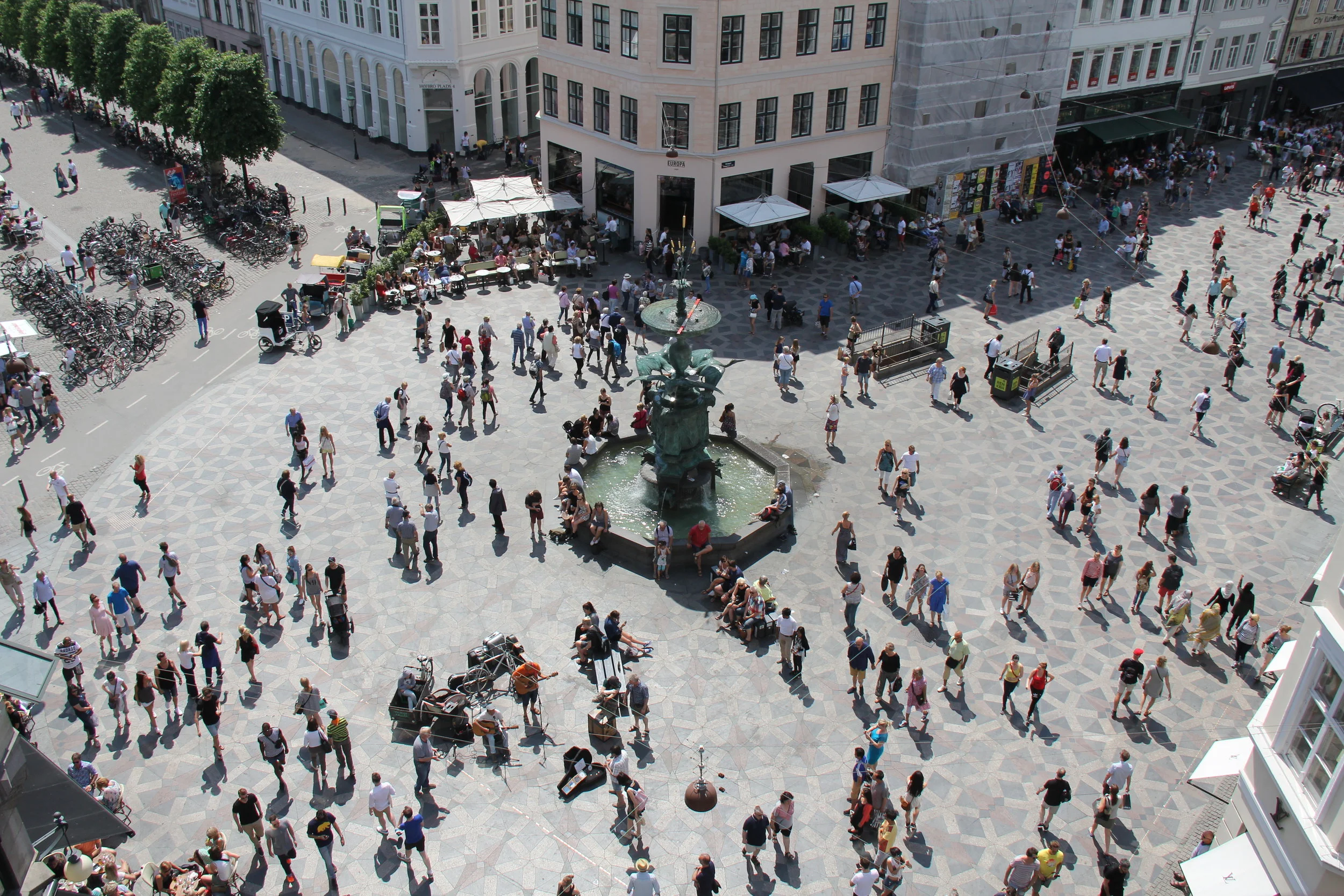Travel as the tool of the Product Manager

A few years ago, a guy came up to me at a party and said "Hey, you're a product guy, right? Let me ask you something. How do you keep yourself in product shape? I mean, if you're a runner, you have a routine that keeps you in shape. If you're a developer, you code everyday to keep sharp. What do you do as a product person?"
Ok, it wasn't a great party. Welcome to Silicon Valley.
But it was a great question.
My answer had a lot to do with reading, looking at other products and generally dissecting the world. All true, but insufficient. Being a product person isn't about solving a problem, it's about solving someone's problem. And that someone doesn't work in your office.
If you're lucky and your product is popular enough, they don't even live in your country. So, how do you understand the context of your customer's decisions if you don't understand the context in which they live? It's not feasible for the whole company to live in every place their customers do.
There are some hacks to this: Facebook famously required its people to work on low bandwidth one day a week to help them understand how most of the world was accessing their service. There are usertesting platforms and crowdsourcing tools. There is conscious hiring so that there is cultural diversity within your company that reflects your customers. One of issuu's great strengths is that it is made up of people from all over the world. When establishing definitions of "explicit", the difference between Americans and Europeans was very clear.
For a product manager, there is no real substitute for travel. Even if you do the connect-the-dots version of travel where you follow the tourguide or the guidebook, you still get a slight shift to your perspective as you realize not everyone does things the same way.
But if you really want to broaden your thinking, step off the path. Go to places that locals go. Visit a grocery store. Talk to people who live there. Watch how people who live there live. Do they go to work early? Are they on their phones all the time? Do they eat out a lot? Is there a lot of English in the media? Do they stand in line or do they cluster and edge people out to get into the front? Do they say excuse me? Do they ride bicycles, buses, motorbikes or walk?
The answers to the questions are not important. The important part is that the answers are different everywhere. This isn't about localizing your product. This is about not assuming that everyone "gets" it.
This is also about generating new ideas. I first started using rideshare in Russia in the 90's. Yes, kids, twenty years before Uber, you could hail a private car and have them take you where you wanted to go. Similarly, I would stay in people's homes that I didn't know (for a fee, of course) instead of a hotel many years before Airbnb was an idea. People are solving problems all the time. Innovation comes from taking an existing solution and applying it in a new context.
What better way to do that than to switch context?
So, get out, tune in and keep your product muscles in shape.